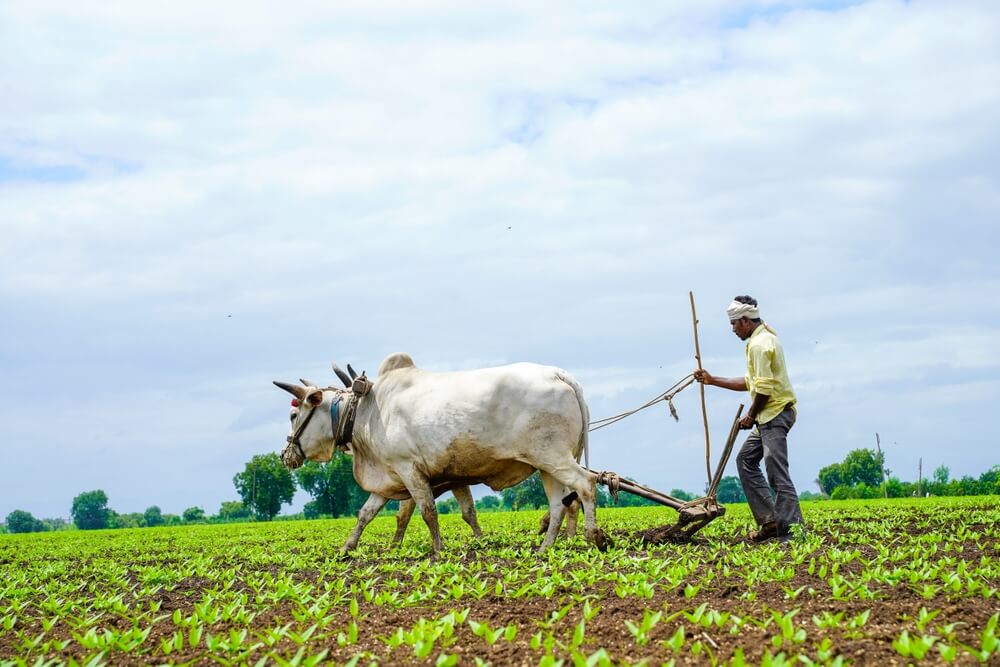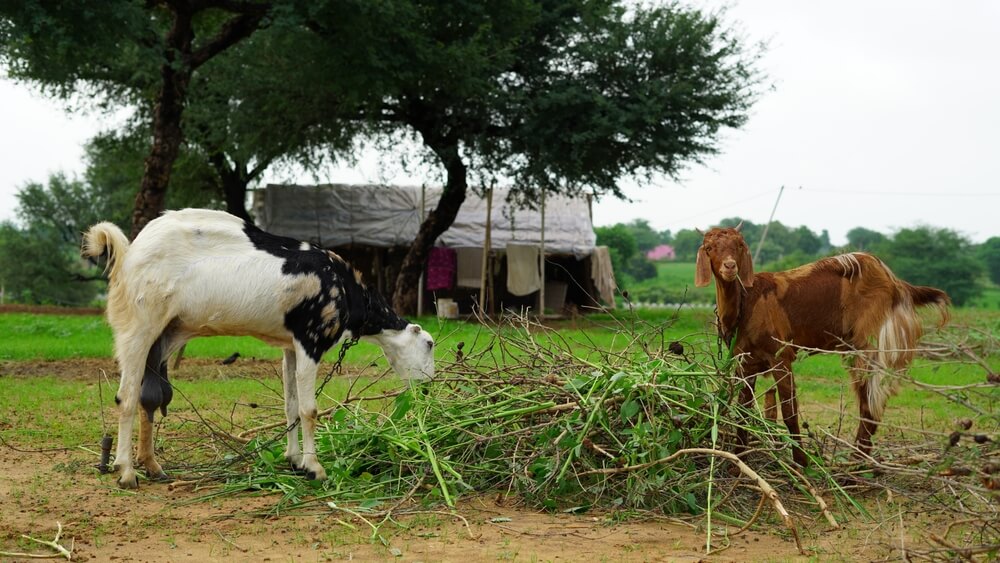Discover the significance of animal welfare in agriculture and how ethical practices promote compassion and sustainable farming. Explore key aspects and initiatives.
Animal welfare in agriculture has become a prominent topic of discussion in recent years, reflecting a growing concern for the well-being of animals involved in agricultural practices. As consumers become more conscious of the origin and treatment of the food they consume, the demand for ethical and compassionate farming methods has increased.
In this blog post, we will explore the importance of animal welfare in agriculture, its key aspects, and the initiatives undertaken to improve animal welfare standards. By highlighting the significance of responsible and humane agricultural practices, we can contribute to a more sustainable and compassionate future for both animals and humans.

The Significance of Animal Welfare in Agriculture
Animal welfare in agriculture is essential not only from an ethical standpoint but also for the overall sustainability and quality of our food systems. By prioritising the well-being of animals, we promote healthier and happier animals, which in turn can lead to improved food safety and quality. Animals that are provided with adequate living conditions, proper nutrition, and veterinary care are less prone to disease and stress, resulting in better produce.
Furthermore, animal welfare is closely linked to environmental sustainability. Sustainable agriculture aims to minimise the negative impact of farming practices on the environment, including the responsible use of resources and the reduction of pollution. By implementing animal welfare practices, such as pasture-based systems and organic farming, we can contribute to a more sustainable and regenerative agricultural system.
Key Aspects of Animal Welfare in Agriculture
Animal welfare in agriculture covers several important aspects, each contributing to the overall well-being of the animals:
Housing and Space: Providing animals with appropriate housing and sufficient space to move and engage in natural behaviours is crucial. Confining animals in overcrowded or restrictive environments can lead to stress, injury, and the inability to exhibit their natural behaviours.
Health and Nutrition: Ensuring that animals receive proper nutrition, access to clean water, and veterinary care is vital for their overall health and well-being. Regular monitoring and preventive measures can help prevent diseases and ensure optimal animal welfare.
Animal Behaviour and Enrichment: Recognising and respecting natural animal behaviours is essential. Animals should be provided with opportunities for mental and physical stimulation, such as access to pasture, environmental enrichment, and social interactions with their own kind.
Handling and Transportation: Animals should be handled and transported in a manner that minimises stress and injury. Proper training for farm workers and the use of appropriate equipment are necessary to ensure the safety and well-being of the animals during these processes.
Initiatives and Improvements: Numerous initiatives and improvements have been undertaken to enhance animal welfare in agriculture. Governments, industry bodies, and non-profit organisations have developed guidelines, regulations, and certification programs to establish minimum standards for animal welfare. These standards cover various farming systems, including intensive, free-range, and organic farming.

Consumer demand and market forces also play a significant role in driving improvements in animal welfare practices. As consumers become more informed and conscious of animal welfare issues, they can make more ethical choices by supporting farmers who prioritise animal welfare. Labels and certifications, such as "Certified Humane" and "Animal Welfare Approved," provide consumers with information about the treatment of animals in the production of food.
Furthermore, advancements in technology have also contributed to animal welfare improvements. For example, precision farming technologies allow for better monitoring of animal health, enabling early detection of diseases or other welfare issues. Additionally, innovations in animal housing, such as enriched environments and automated feeding systems, have provided animals with greater comfort and well-being.
Animal welfare in agriculture is a critical aspect of ethical and sustainable farming practices. By prioritising the well-being of animals, we can ensure the production of safe, high-quality food while promoting a more compassionate and responsible agricultural system. Through regulations, certifications, and consumer choices, we can continue to drive improvements in animal welfare and create a future where animals are treated with respect, dignity, and compassion within our agricultural systems.